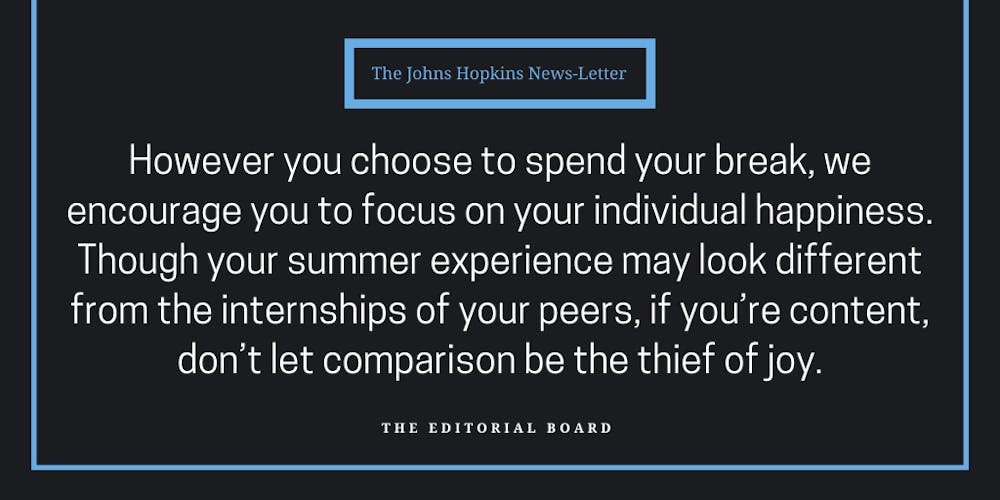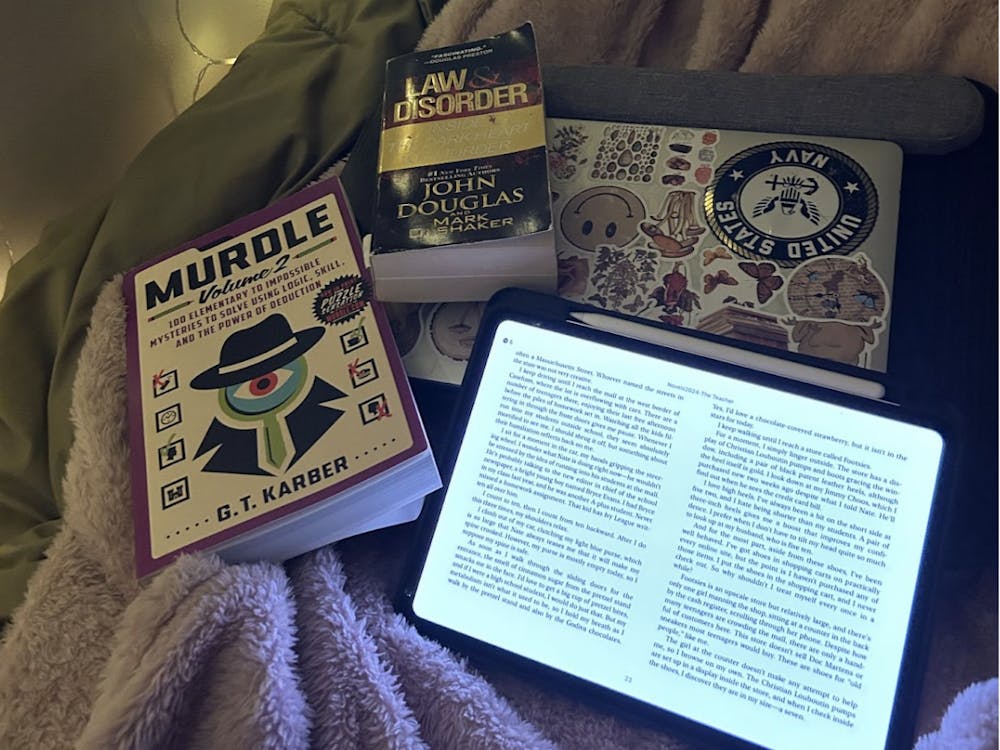“This summer, I had the amazing opportunity to intern at...”
“Thank you to everyone who supported me along this journey, including...”
“I am ecstatic to announce that I will be returning to...”
If you have scrolled through LinkedIn recently, chances are your feed has been filled with posts from fellow students reflecting on their summer 2023 internships, announcing summer 2024 internships or showing off full-time job offers alongside the logos of Fortune 500 companies.
While the influx of these announcements might cause you to feel like you’re falling behind your peers, keep in mind that finding employment is becoming more challenging in today’s uncertain market. Companies like Meta, Goldman Sachs and Microsoft have laid off thousands of employees, and return offers for interns are becoming more difficult to secure.
What’s more, recruiting cycles for summer internships seem to be starting earlier and earlier, with some industries interviewing more than a year in advance. It’s only the second week of the semester, and students are already searching for summer 2024 internships. When it seems like your peers have had their entire careers planned out since the summer after sophomore year, the pressure to find an internship can be overwhelming.
The stress does not end once students have secured interviews. If you’re a prospective software engineering intern, you have technical interviews to look forward to. If you want to go into investment banking, you may participate in “Superdays,“ which consist of back-to-back interviews over the course of one or two days. It can feel impossible to balance applying for internships with classes, extracurriculars and social life.
These worries are compounded if you do not have connections through personal networks or need to work during the school year. If you’re picking up extra shifts at a part-time job, you may struggle to find the time to practice LeetCode or rehearse interview responses. While internships have the potential to open doors for college students, the current recruitment process undoubtedly gives those from privileged backgrounds an advantage.
The internship application process is stressful and can inspire competition and envy among peers. We know it’s easier said than done but, if you can help it, try not to compare your professional trajectory to that of others. Hopkins is already stressful enough; we compete with our classmates for curved exam grades. Competing for internships adds another layer of pressure.
To ease any panic you might be feeling, remember that the first job you have after graduation is probably not the job you will always have: Over 70% of Generation Zers and over 60% of millennials are considering changing careers in the next year.
You don’t need to spend your summer in a Patagonia vest or a pantsuit in order for it to be worthwhile. However you choose to spend your break, we encourage you to focus on your individual happiness. Though your summer experience may look different from the internships of your peers, if you’re content, don’t let comparison be the thief of joy.
There is value in summer plans that are not internships: for some students, a job may align better with their career goals, while, for others, spending time with family is what’s most needed.
That being said, we recognize that internships are essential for breaking into certain industries. Research what experiences will best prepare you to achieve your individual goals. It’s important to prioritize your happiness, and for some, that may look like grinding for a summer internship to secure a dream career.
We just hope that you remain open-minded about the variety of options available. To explore different career opportunities, you may choose to attend the fourth annual Future Fest, an in-person career fair, on Sept. 15.
Lastly, we want to remind you that you’re not alone. When you’re experiencing impostor syndrome or career stress, remember that there are other people in your situation — they just aren’t sharing it on LinkedIn.





